NSW chief health officer warns Covid-19 cases to rise within weeks
NSW chief health officer Kerry Chant has warned a new wave of Covid-19 has arrived as she urged people to get a booster vaccine.
NSW chief health officer Kerry Chant has warned of a new wave of Covid-19, echoing similar comments from her Victorian counterpart.
Dr Chant has urged people to get a booster vaccine, with Omicron sub-variants BQ. 1 and XBB expected to overtake BA. 5 as the dominant variants in Australia.
“We’re starting to see an increase in Covid-19 cases and changes in the variants circulating in NSW, which tells us that we’re entering the next Covid wave,” she said in a video posted on social media.
“By looking at all the local information we have, and what’s happening overseas, we believe Covid cases will rise in the coming weeks.
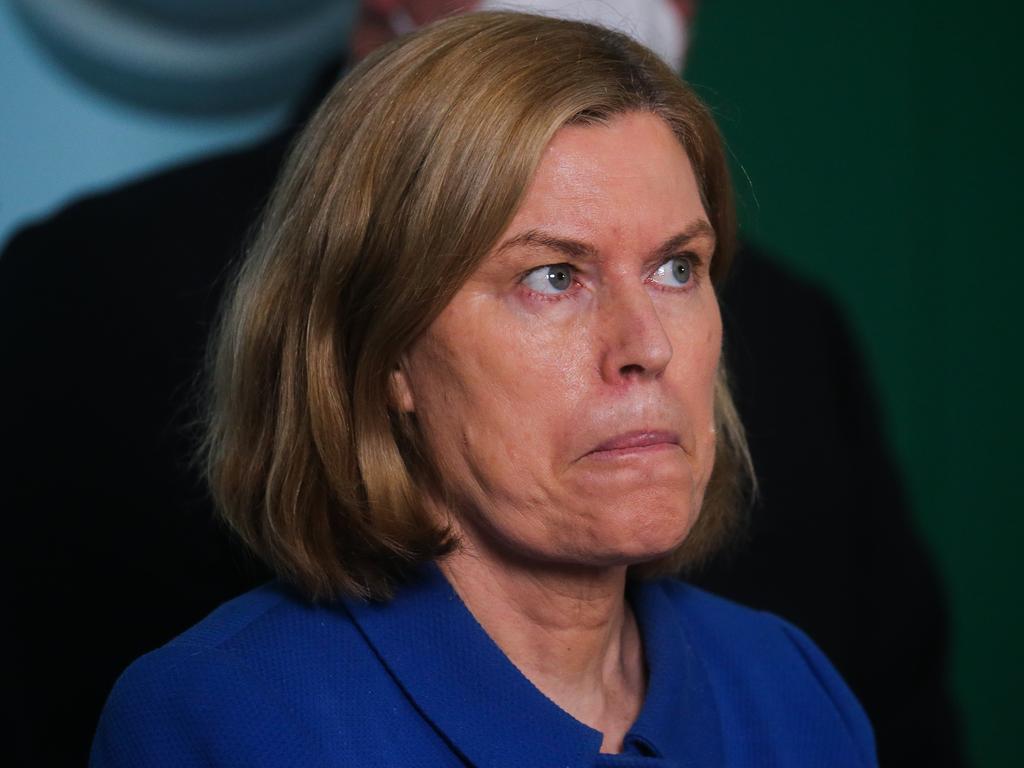
“The protection the NSW community has from vaccination and previous infection continues to reduce the risk of severe illness.
“However, the elderly and those with underlying health conditions will continue to be at higher risk.
“Make sure you’re up to date with your vaccinations. This is your best protection.”
Dr Chant also said people should know if they would be recommended to have antiviral medication and prepare a plan in the event of infection.
She also urged people to stay home if they developed symptoms.
New COVID-19 update from @NSWCHO “We are starting to see an increase of COVID-19 cases and changes in the variants circulating in NSW, which tells us we are entering the next COVID-19 waveâ€. More info https://t.co/qty0m3JEmtpic.twitter.com/Ngtac3ptbj
— NSW Health (@NSWHealth) November 3, 2022
Her comments come after Victorian chief health officer Brett Sutton said there were “indicators” to show “we are at the start of another Covid-19 wave”.
Based on wastewater testing, BQ. 1 and XBB recently made up 10 per cent of total cases in Victoria and were set to overtake BA. 5 as the dominant variant, he said.
BQ. 1 and XBB are spreading overseas due to waning immunity from past vaccination as well as their ability to escape immunity from past infection.
The World Health Organisation said there was no epidemiological data to suggest an increase in disease severity due to the variants.
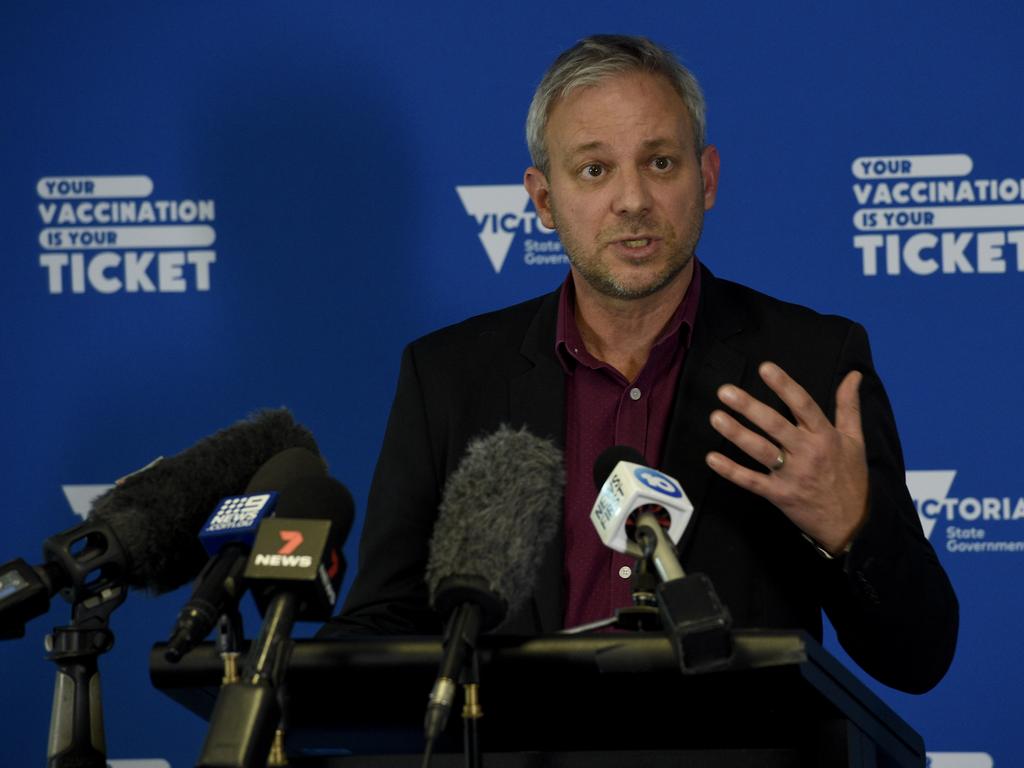
Meanwhile, Queensland introduced a new traffic light system of regulations on Monday, as the pandemic powers of the state’s chief health officer John Gerrard come to an end.
The traffic light system that has been brought into place has varying levels of protection for Queenslanders, with the current green level including rules such as staying home if sick and wearing a mask for seven days after receiving a positive test.
The amber tier will be brought on when there are “moderate rates of community transmission” such as entering a new wave.
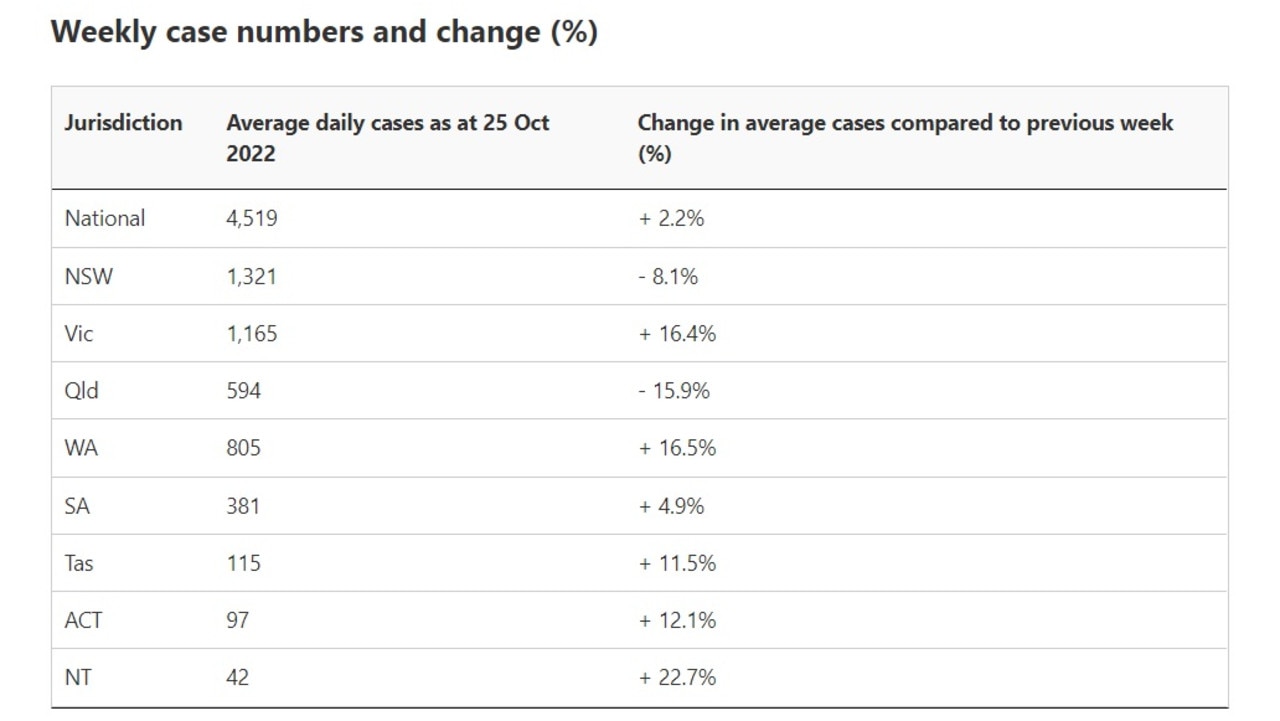
It will include wearing a mask indoors if you cannot socially distance and on public transport, as well as taking a rapid test every two days if a household member tests positive.
When rates of transmission are high, the red tier will be brought on and indoor mask-wearing will be mandated.
Dr Gerrard said the traffic light system had been brought in to show Queenslanders when to wear a mask and when to “relax a little”.
“At the current level, the green level, universal mask-wearing will not be required in most public hospitals for staff and visitors,” he said.
📣 New COVID-19 traffic light system 🚥
— Queensland Health (@qldhealth) October 31, 2022
Living with COVID-19 means recognising and responding when the risk increases and decreases.
Here's the latest on the new system. 👇 pic.twitter.com/6zuiRDU5lR
In Western Australia, the state’s controversial Covid-19 state of emergency will finally end on Friday after 963 days and will not be renewed.
“It’s a remarkable milestone in the pandemic and marks the start of a new phase of management,” WA Premier Mark McGowan said earlier this week.
“Going forward, basic health advice such as mask wearing as needed, staying home if unwell, getting tested and avoiding high-risk settings until symptoms have cleared is highly recommended.
“These measures can be adopted as a requirement through businesses’ own policies and work health and safety arrangements.
“We won’t need to bring in place the new temporary Covid-19 declaration, either.”
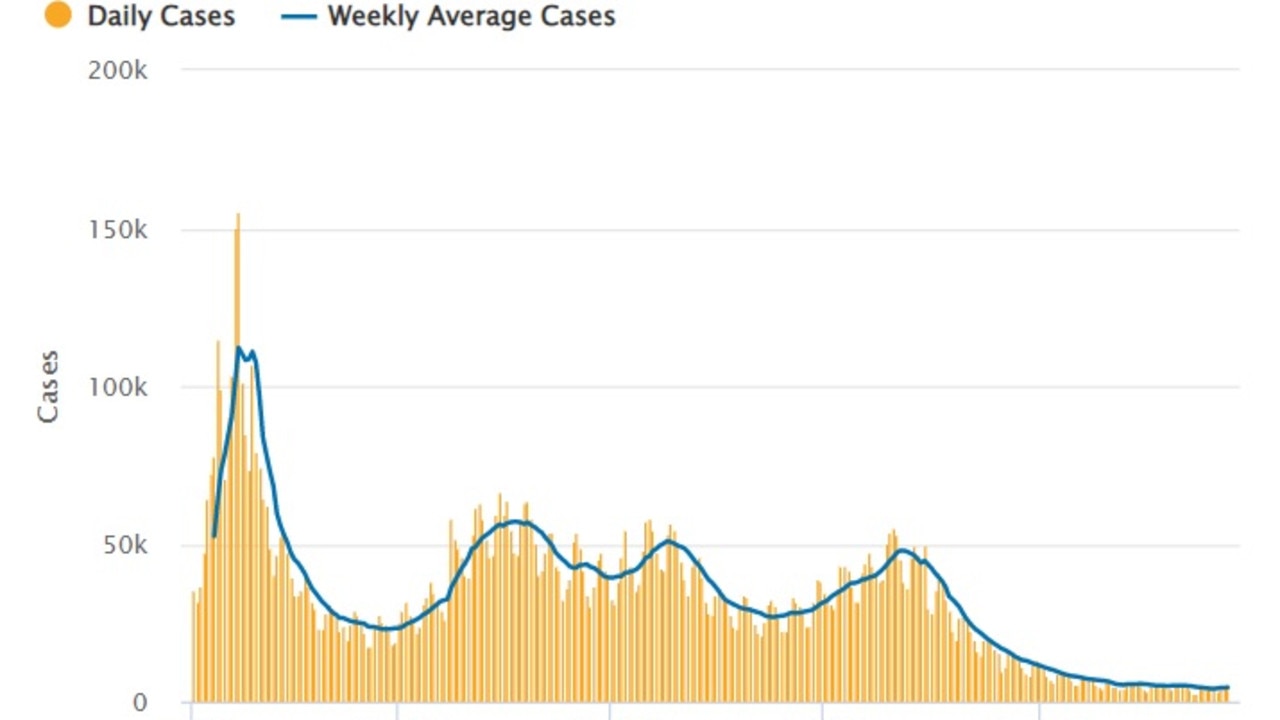
The declaration can be made for three-month periods at a time, but does not allow for the closure of state borders or require an application to enter WA from any other jurisdiction.
It can be used though to implement measures such as mask wearing in certain settings, isolation requirements, enhanced cruise ship protocols and prohibitions to remote Aboriginal communities.
“It will only come into effect in the future if the state emergency co-ordinator believes it to be absolutely necessary,” Mr McGowan said.
“But importantly, these new laws are ready for use should they be required, and we won’t hesitate to escalate our response to Covid if required to keep the community safe.”
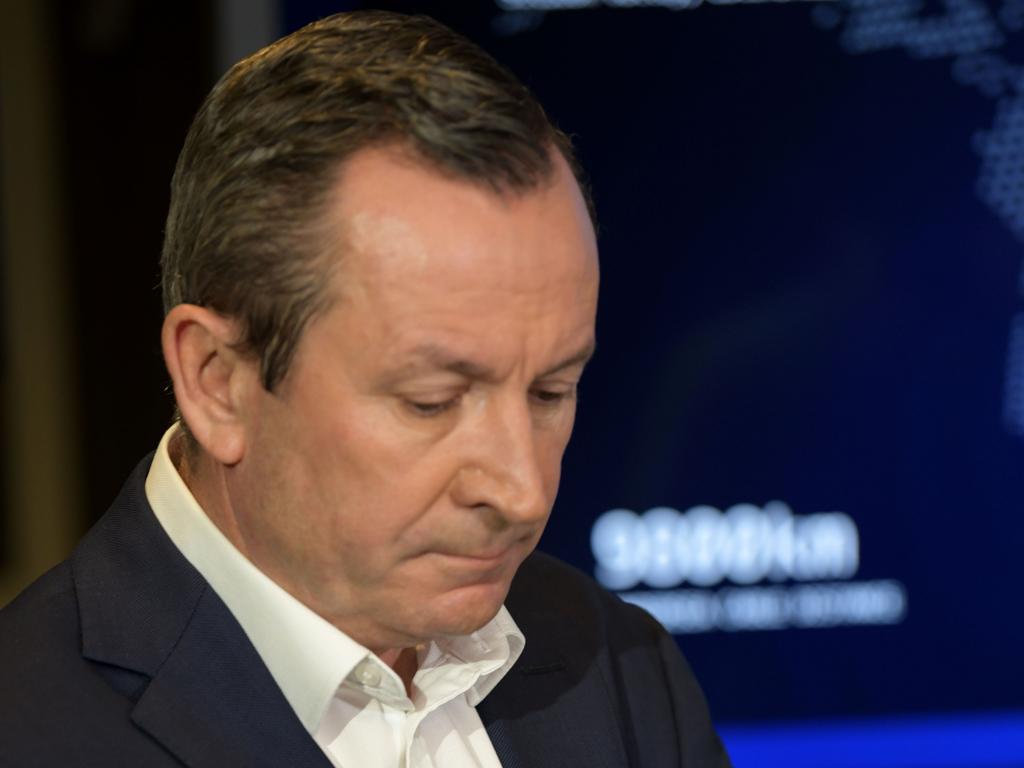
The Premier also announced this week that there would be an independent review into WA’s response to the pandemic.
Mr McGowan revealed the review would ensure preparedness for future pandemics by considering programs that performed effectively and identify areas for improvement.
He told reporters he was not interested in the review being a witch hunt.
Asked if he expected the review to expose some flaws, Mr McGowan replied: “Perhaps. No one’s perfect.”
But the Premier said WA was barely touched by the pandemic
“It’s hard to remember everything that happened ... but generally speaking ... I wouldn’t have done anything differently,” he said.
“We were highly cautious and highly proactive in implementing measures that were pretty tough and strong, with a degree of urgency and that worked.”




